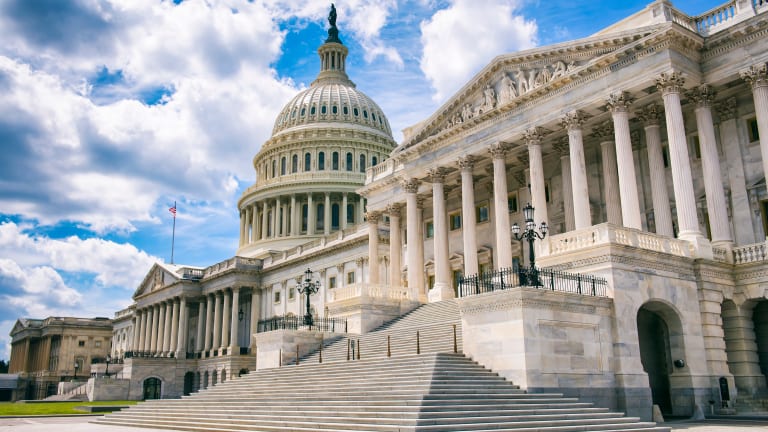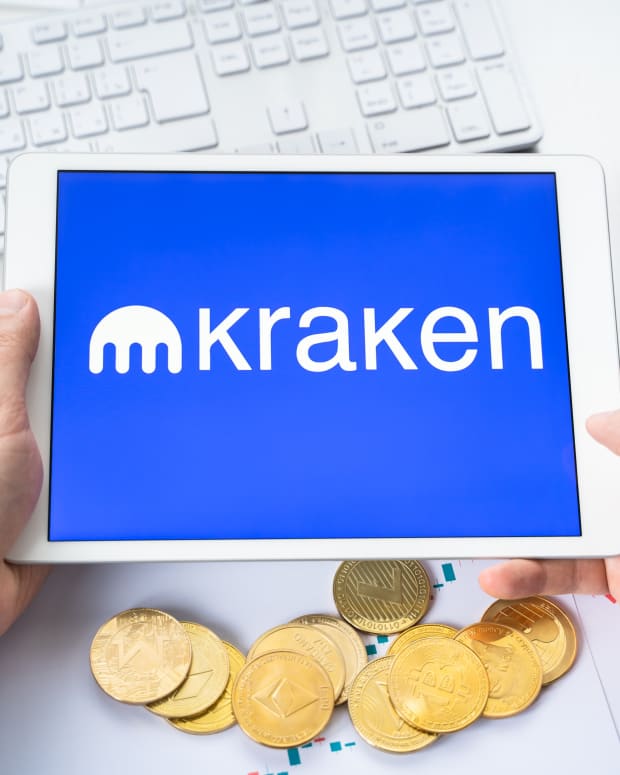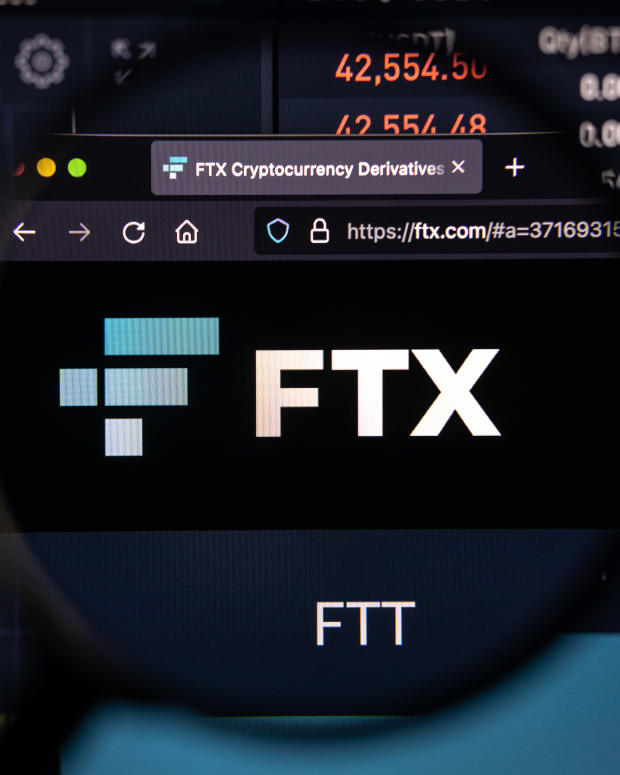
'Crypto is Not Partisan, But the Approach Towards Regulating It Is'
Eric Chen is the CEO and co-founder of Injective Labs, who spoke to us about how industry players view the midterms, the blitz of spending by lobbying firms and PACs, and how Democrats and Republicans differ in the legislative actions they want to pursue around crypto.
During this election season, companies like Coinbase launched political education products like candidate scorecards to assess how politicians view crypto. Chen points out that more and more crypto firms will play their part in policy education for the broader public: “Coinbase is certainly leveraging their user base and doing what they can to ensure that the legislative branch has voters that are educated," he told Crypto Investor.
Crypto Investor: How do Democrats and Republicans differ in how they see crypto?
Eric Chen: Crypto is not a partisan issue, but the approach towards regulating it is certainly very partisan. Democrats have been focusing on expanding the jurisdiction and reach of various agencies like the SEC and Commodity Futures Trading Commission (CFTC). The SEC has been doing the Democratic job of trying to go after and expand [agencies'] reach as much as possible, whereas for Republicans, the goal has been minimizing the reach and role of agencies and ensuring a free market.
I actually think that FTX Bill was a great example. It was trying to balance the needs and wants of the Democratic Party, but obviously the draft being circulated will most likely not be voted into law. But with a lot of the outline for registration, and some kind of determination of what's within the [scope] of different agencies, it’s pretty aggressive, and understandably, it faced a lot of backlash among the crypto community.
Who would you say are the most pro-crypto candidates?
Chen: Some crypto PACs (political action committees) endorse candidates like Robert Garcia in California and Glenn Ivey in Maryland – basically focusing on supporting Democratic candidates with a much more pro-crypto stance, whereas the Crypto Innovation PAC's historical endorsement has been primarily Republican.
Crypto for Innovation has been extremely active – they've been hosting events and educating folks on Capitol Hill.
There have also been multiple other PACs, and these all contribute to the increase in spending as well as industry leaders backing these PACs and donating directly to candidates to support any type of pro-crypto agenda.
I've heard the midterms are existential for crypto, because the key decisions about how crypto is regulated will be decided by lawmakers, among others. Can you talk to me about what kind of broader outcome the crypto industry is looking for?
Chen: At the end of the day, the broader industry is looking for regulatory clarity. Historically, there hasn't been much clarity on this new and emerging space – it’s been “regulation by enforcement” by government agencies, where they end up establishing what's the canonical way based on the whims of SEC chairman Gary Gensler.
What the crypto community wants is absolute clarity on crypto. It may be good or bad, but having clarity is better than moving around in murky water.
Are you seeing any data or trends on how crypto PACs are spending on candidates?
Chen: For PACs, it’s very wise for them to support folks on both sides of the aisle. It makes sense [when Congress is controlled by Democrats] to support Democratic candidates, so that Democratic legislators contribute crypto-friendly bills and laws [and vice versa with Republicans].
The Crypto Innovation PAC certainly donated mostly to Republicans, mainly because a lot of the traditional Republican stances on regulation have overlapped with pro-crypto ideas.
If a candidate comes out with a clear stance on crypto, for example, pro-crypto, do you think that makes them more attractive to voters? Or if they come out very strongly against crypto, is that potentially likely to cost the candidate in this or future cycles?
Chen: A lot of voters have been relatively single-issue on this particular subject matter. And there has been data that shows that for crypto folks, a candidate's position on crypto becomes a significant factor when making a voting decision.
On top of that, I would say that even though a lot of these candidates might have a very pro-crypto stance, they might not have meaningful influence in the legislative [arena], but having them there, either pro or against crypto, will certainly make sure that this topic is a dominant conversation amongst legislators – and ideally [help legislation] move in a positive direction.
In the long-run, as adoption of crypto increases among Americans, it becomes this unstoppable force, where legislators eventually have to take a friendlier stance to be able to serve voters.
This interview has been edited and condensed for clarity.
Eric Chen is the CEO and co-founder of Injective Labs, who spoke to us about how industry players view the midterms, the blitz of spending by lobbying firms and PACs, and how Democrats and Republicans differ in the legislative actions they want to pursue around crypto. Subscribe for full article
Get Access to Our Exclusive Content
Already subscribed? Log In










